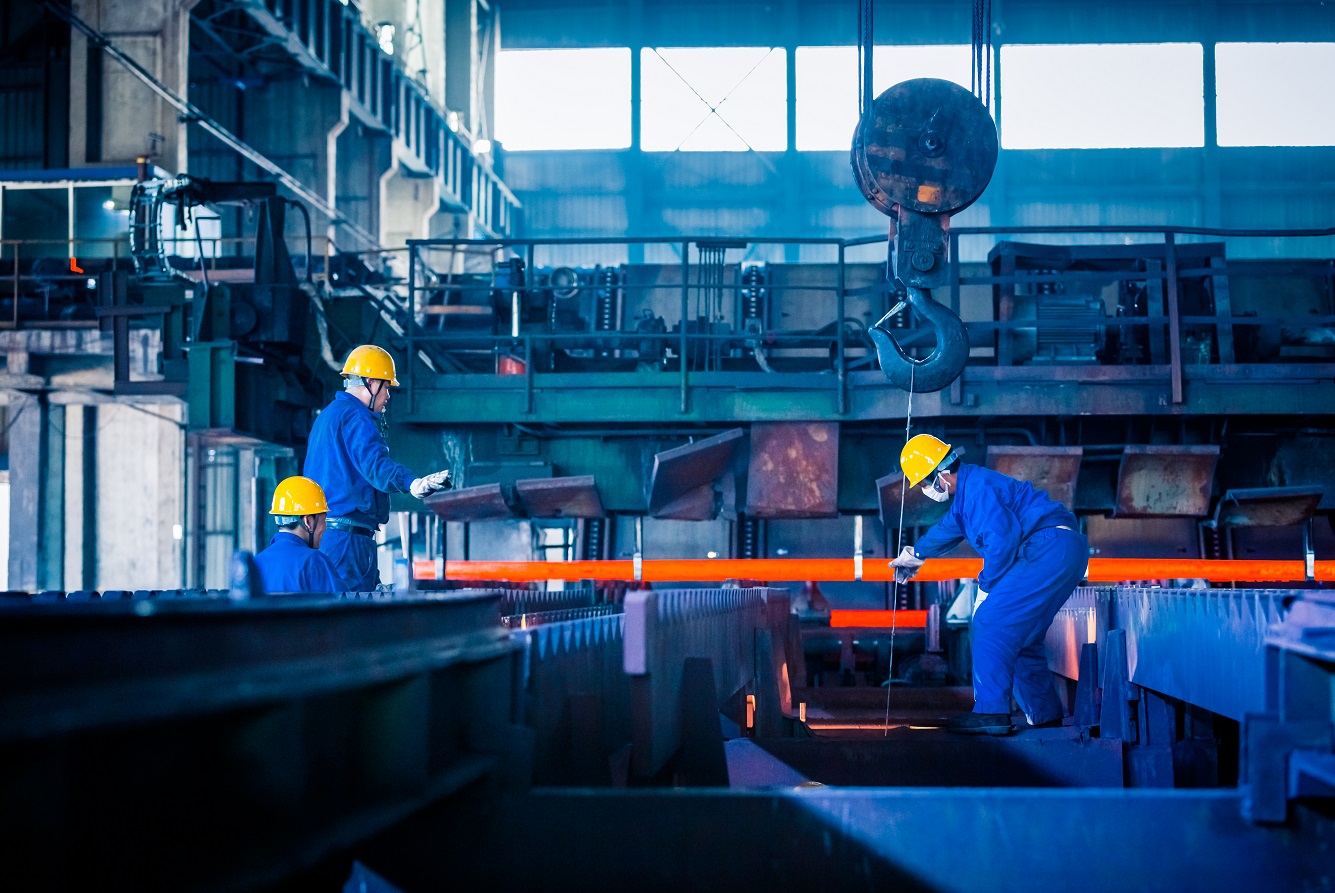

Automation, the Internet of Things, Industry 4.0, etc., are some of the concepts used widely across all industries. The aim is to improve efficiency, boost production, and reduce costs. When it comes to metal fabrication, these concepts are also revolutionizing the metal fabrication industry because the industry impacts everything from automotive to aerospace, medical to household appliance industry.
The technological advancements, shifting consumer demands, and sustainability requirements are all impacting the world of metal engineering. To stay competitive and meet the expectations of a changing market, metal fabricators must adapt to emerging trends.
In this blog, you will learn about the top 4 trends impacting the metal fabrication industry and shaping its future.
The rapid technological advancements are called Industry 4.0 or the Fourth Industrial Revolution. As its name suggests, it is revolutionizing metal fabrication as well. It involves the integration of digital technologies, the Internet of Things, and artificial intelligence in day-to-day processes such as metal manufacturing, metal shearing and sheet metal fabrication. The aim is to create smart factories characterized by real-time data collection and analysis, enabling reduced downtime, efficient processes, predictive maintenance, etc.
Benefits
Sustainability is at the core of every industry’s vision for the future because it is only through sustainable processes and eco-friendly practices that the world can be assured of a better tomorrow.
Sustainability is also a key driver in the metal fabrication industry, as industries and customers both demand eco-friendly practices to be followed, pushing metal and structural steel fabricators to adopt sustainable manufacturing processes. It includes waste reduction, lower energy consumption, and implementation of recycling programs to minimize the carbon footprint.
Benefits
Metal engineering experts are advocating the use of advanced materials, such as high-strength alloys and composite materials, is on the rise in the metal fabrication industry. These materials offer corrosion resistance, durability, reliable strength-to-weight ratio, etc., which makes them ideal for multiple applications across various industries.
Benefits
There is a new technology that is continuously making headlines, known as digital twins. A digital twin is a virtual replica of your product prototype of an entire plant, showing how a particular part or the entire plant works. The data is real-time, and you can monitor and analyze the performance of these components in real-time, providing insights into product behavior and enabling predictive maintenance.
Benefits
As the industry adopts revolutionary changes, New Mexico Metals LLC keeps up with the industrial updates and changes at every step. We aim to provide our customers with the best products by offering them state-of-the-art metal processing services. We are stepping behind the best-in-industry structural steel fabricators and metal engineering experts. It is reflected in the acquisition of the latest machinery and training of our staff according to the latest developments in the industry.
Que: What is Industry 4.0 in metal fabrication?
Ans: Integration of Industry 4.0 in metal fabrication refers to introducing digital technologies, artificial intelligence, and IoT in metal fabrication and automating processes to boost production, reduce errors, and enhance efficiency.
Que: How can metal fabricators embrace sustainability?
Ans: By minimizing metal waste, improving metal recycling programs, lowering energy consumption, and adopting eco-friendly manufacturing practices, metal fabricators can begin to embrace sustainability.
Que: How using advanced materials is beneficial for the metal fabrication industry?
Ans: The clear advantages are reduced fuel consumption, enhanced strength and durability of structures and products, corrosion resistance, and excellent design flexibility.
Que: Is digital twin technology beneficial to the metal fabrication industry?
Ans: The answer is a clear yes because it enables better product design and quality control.